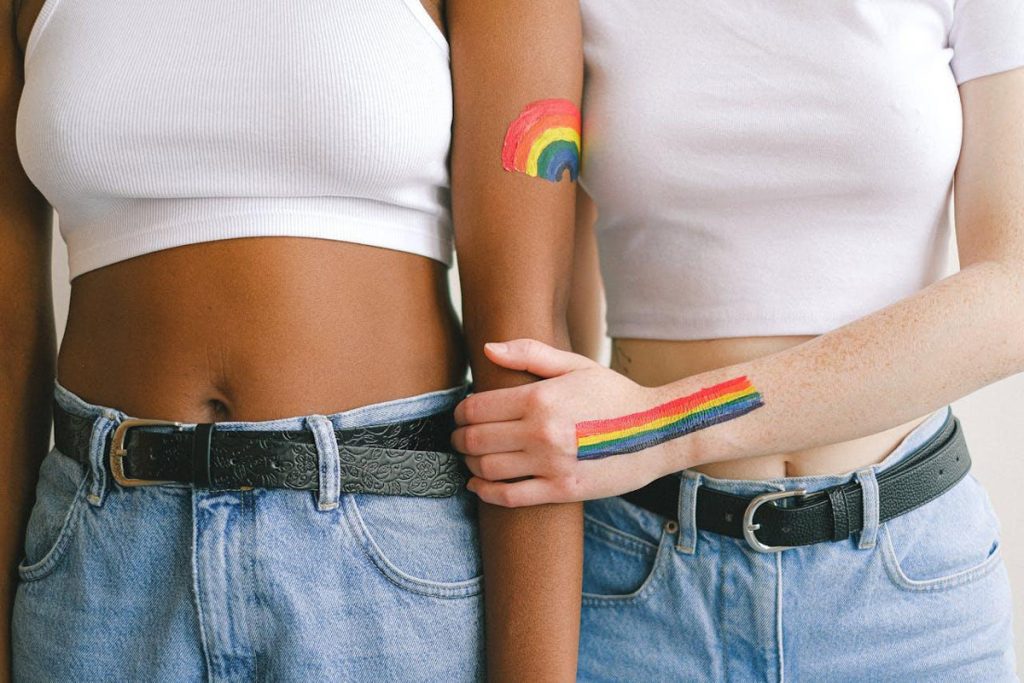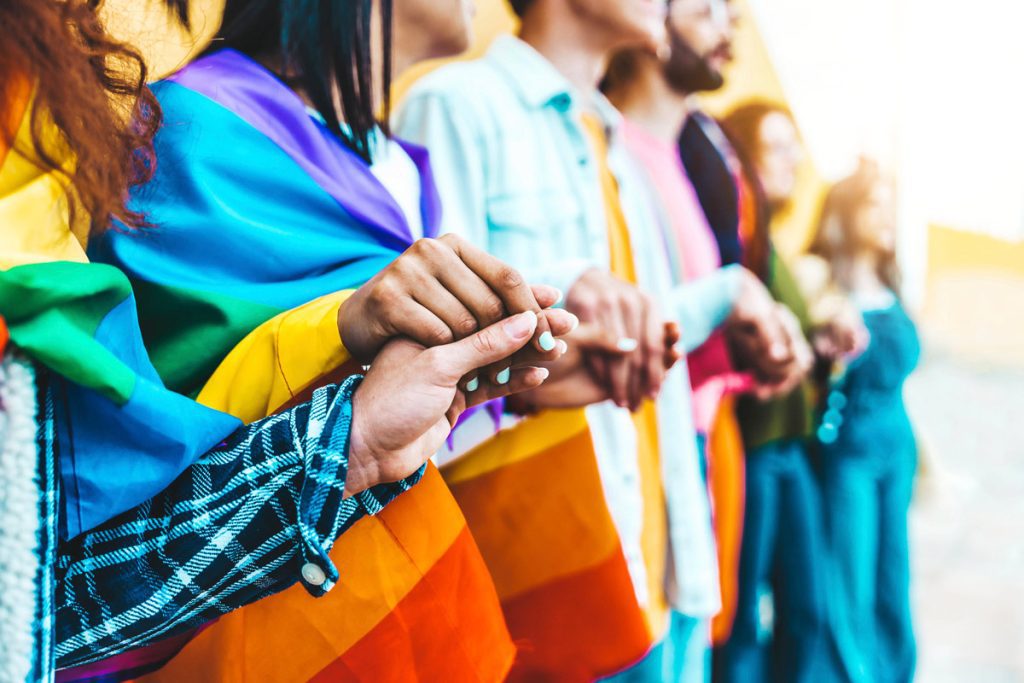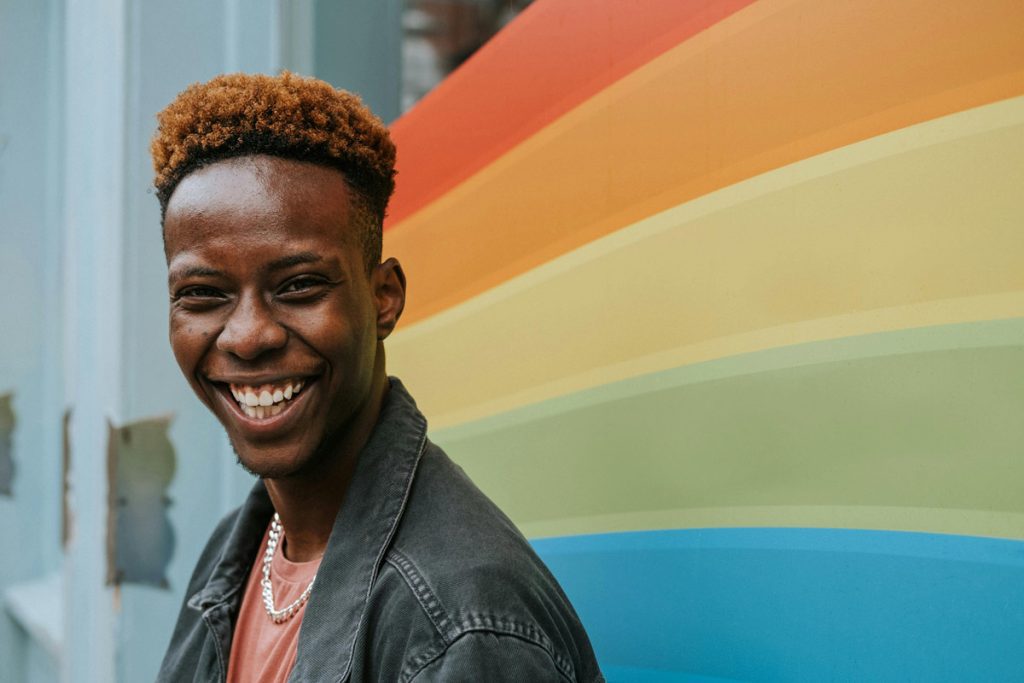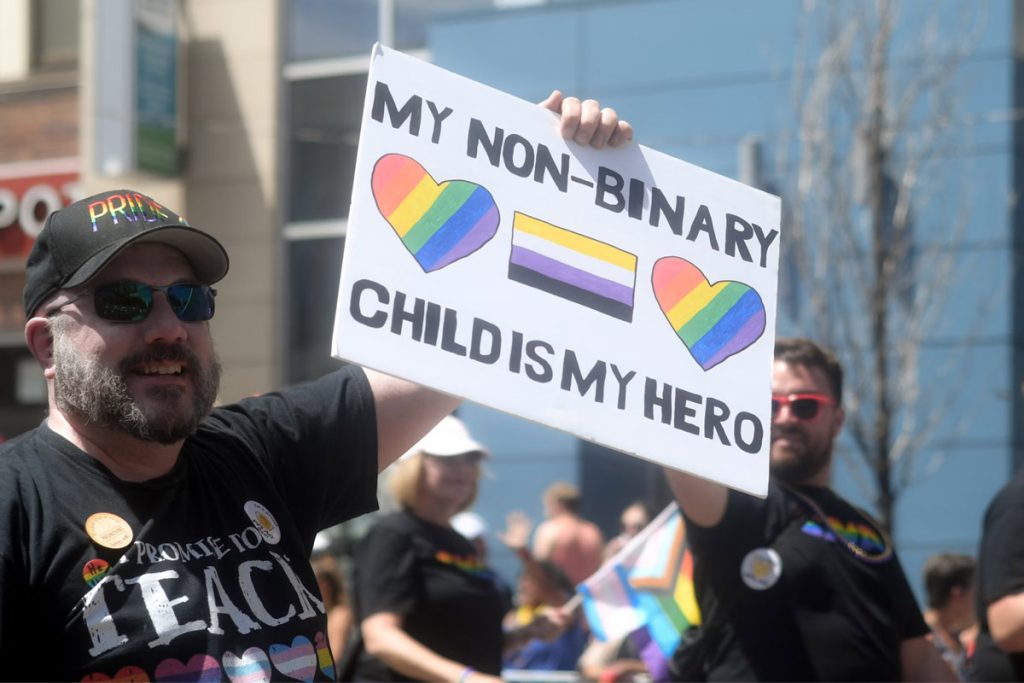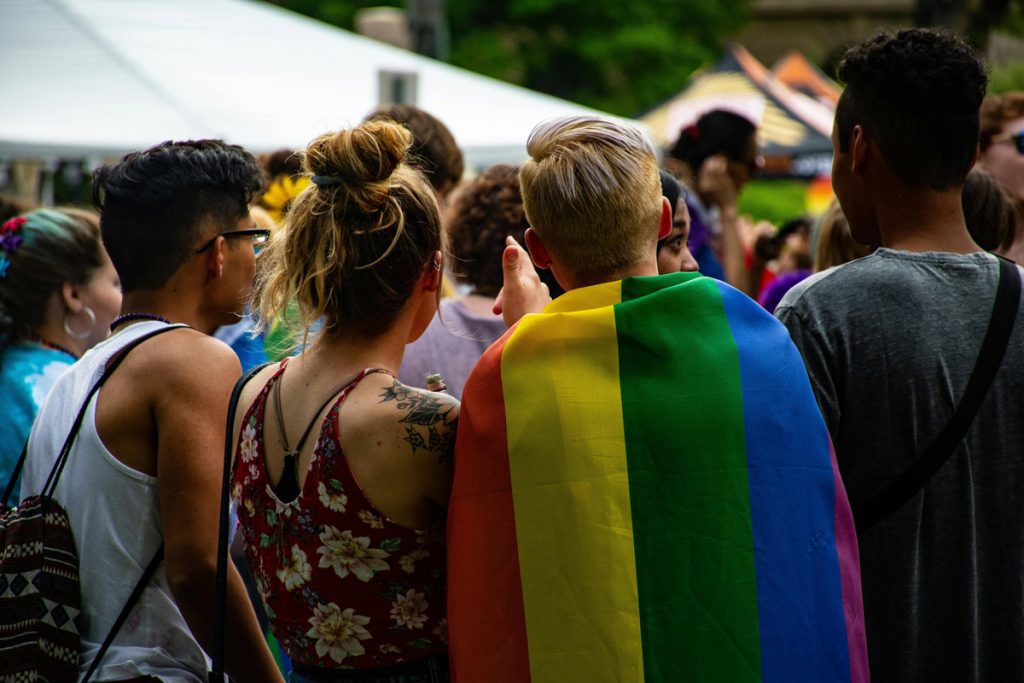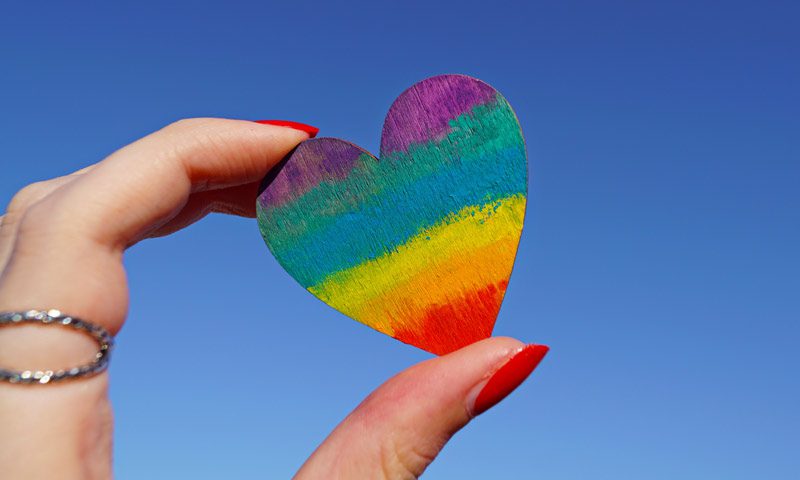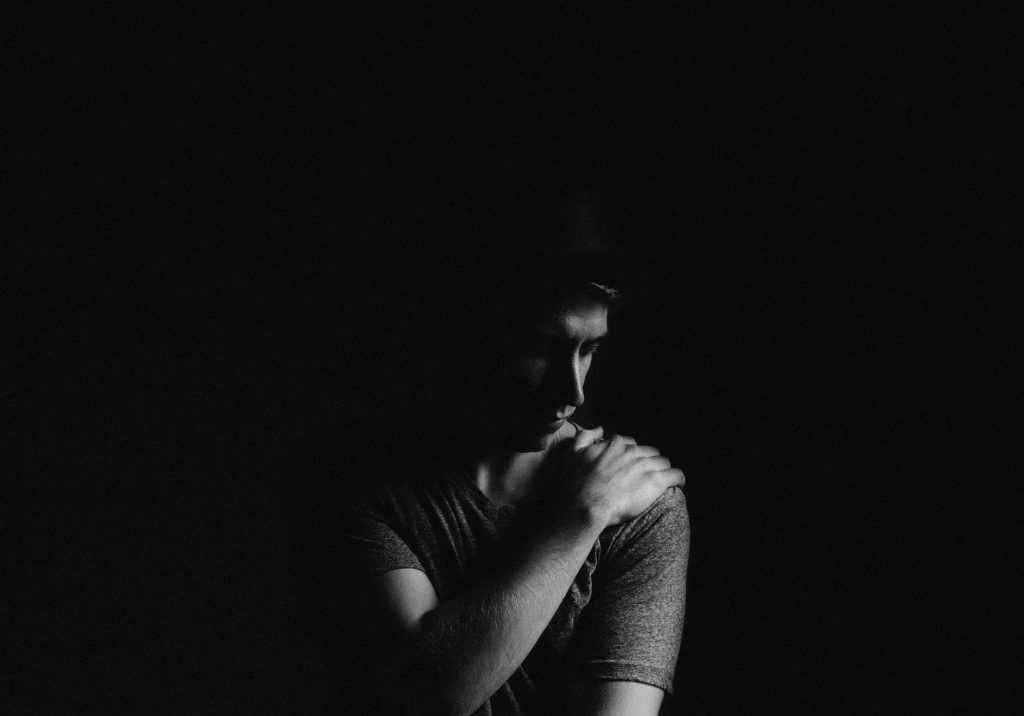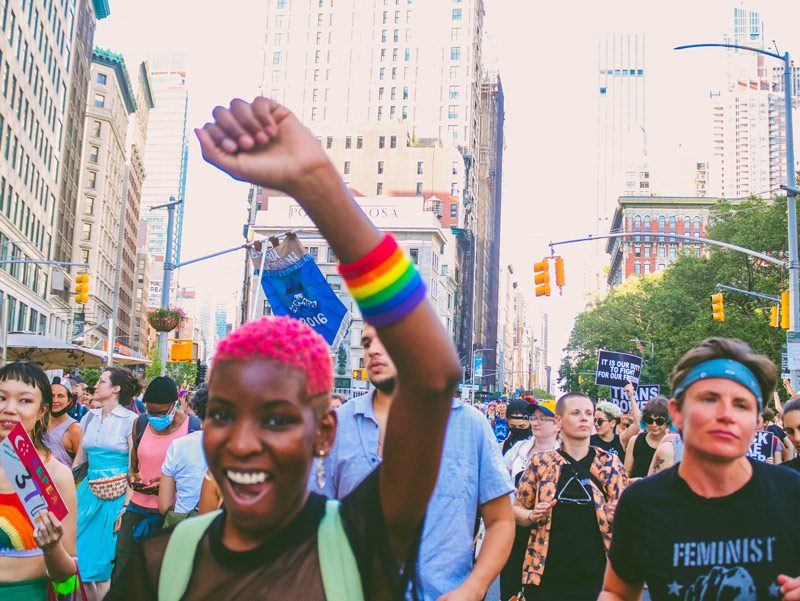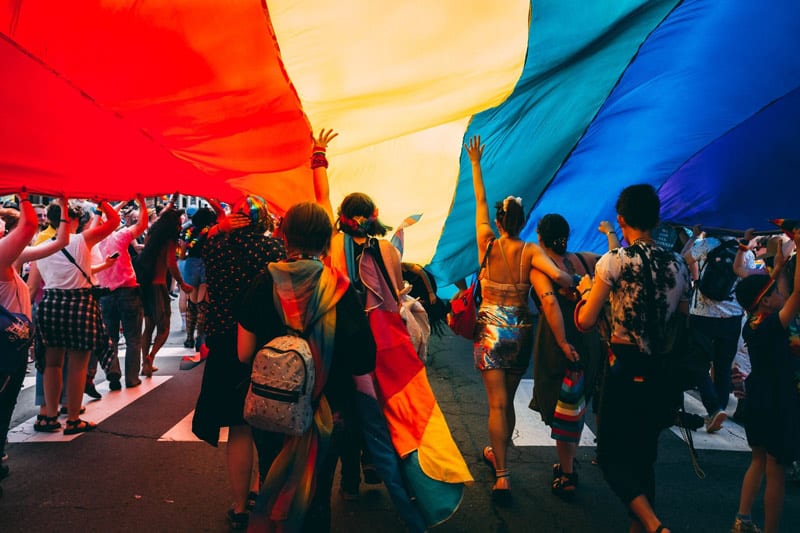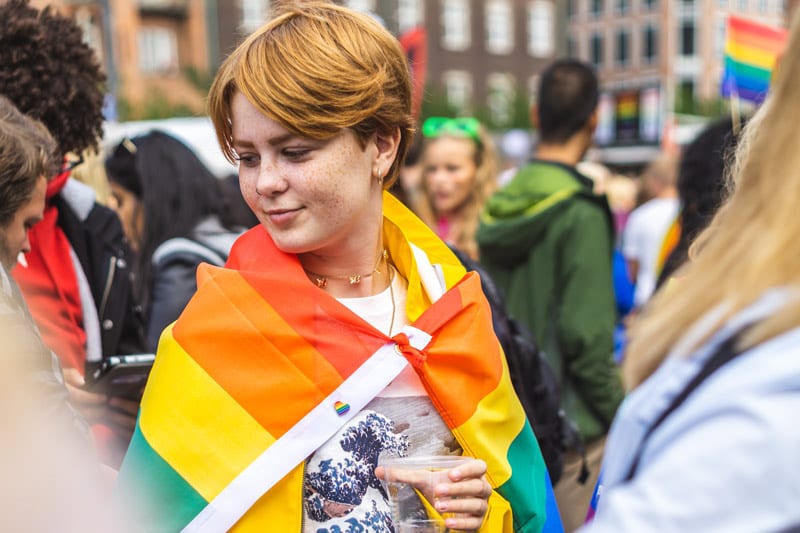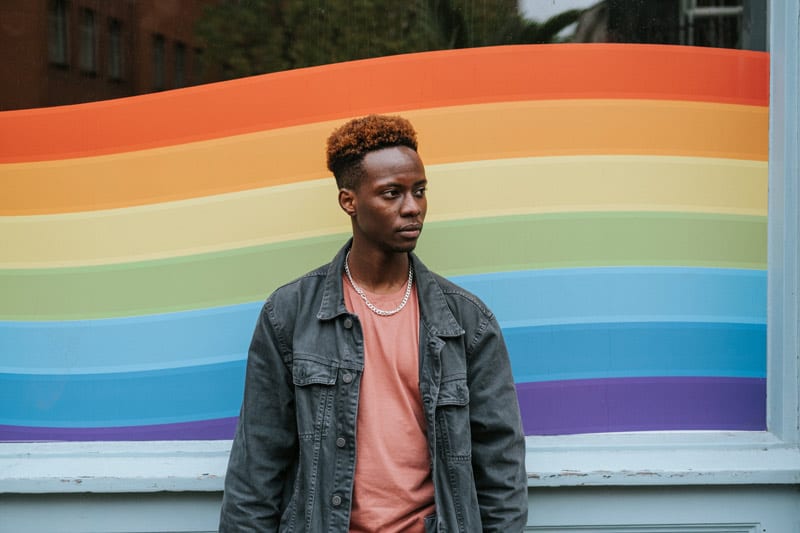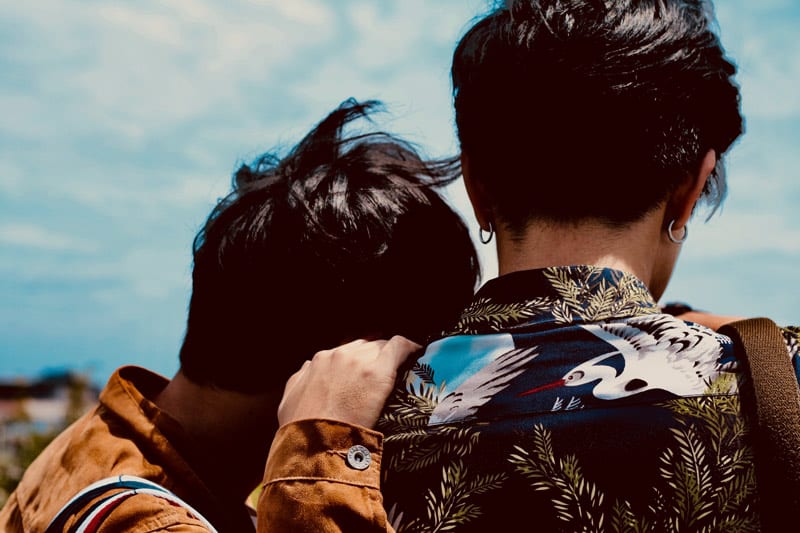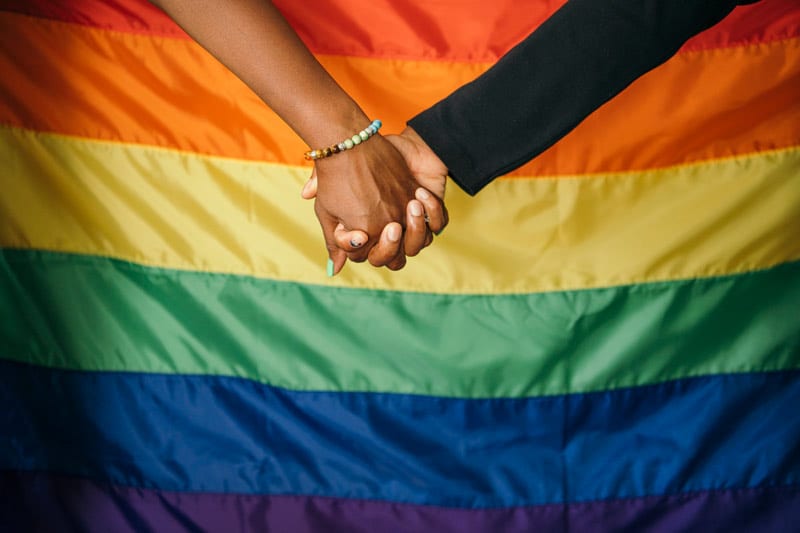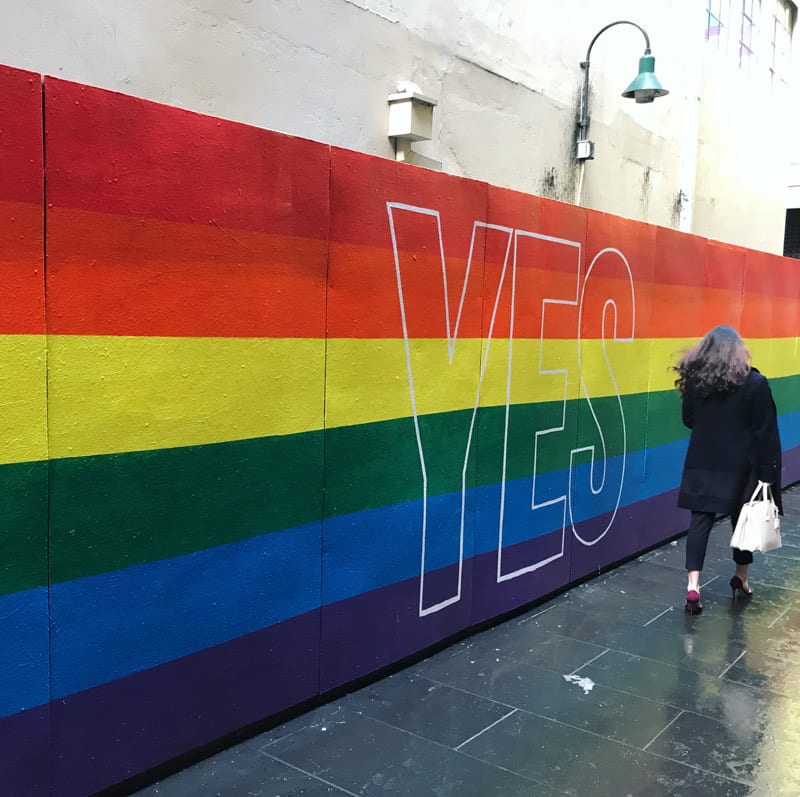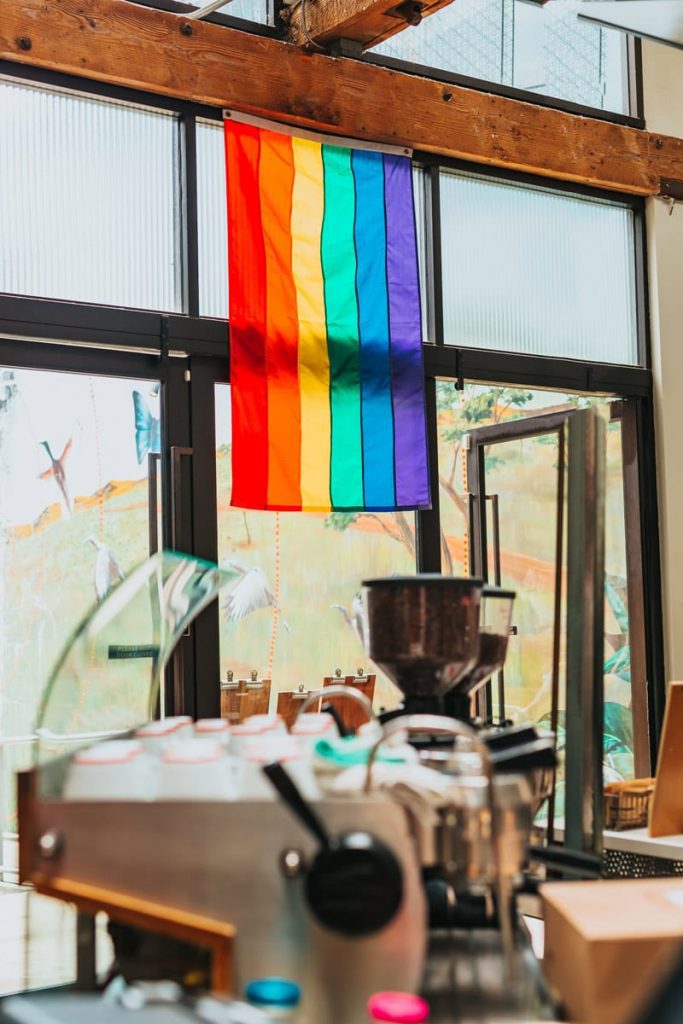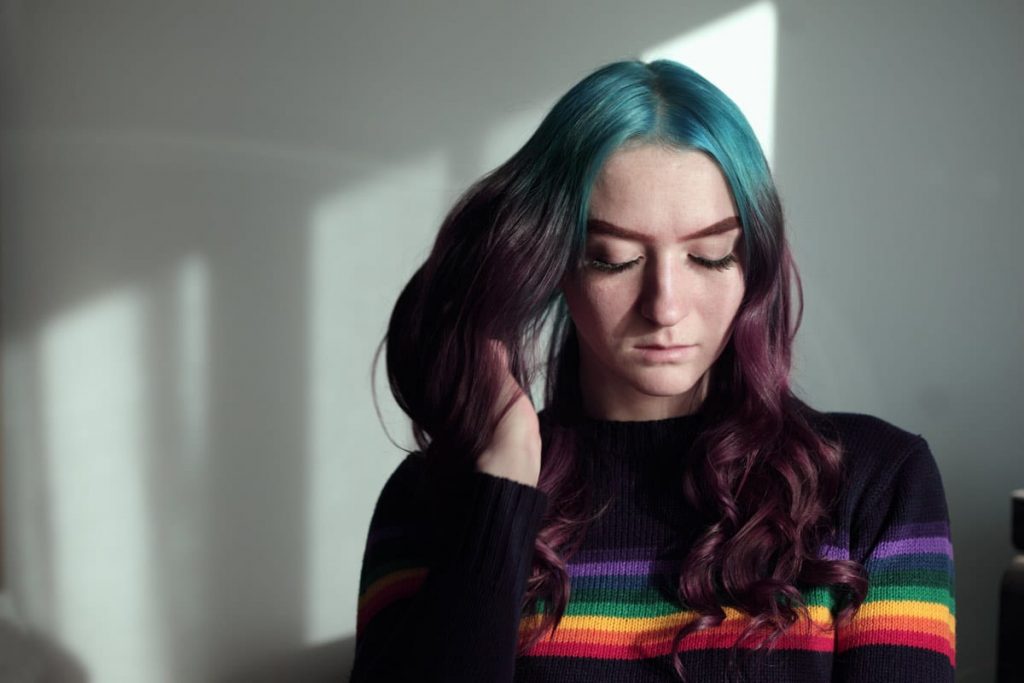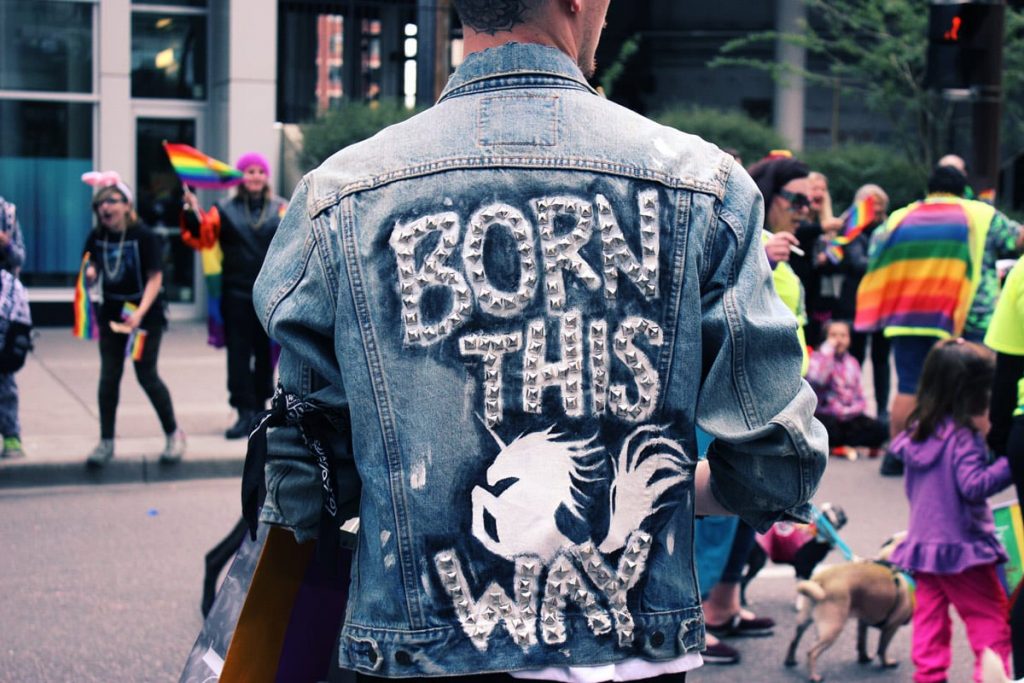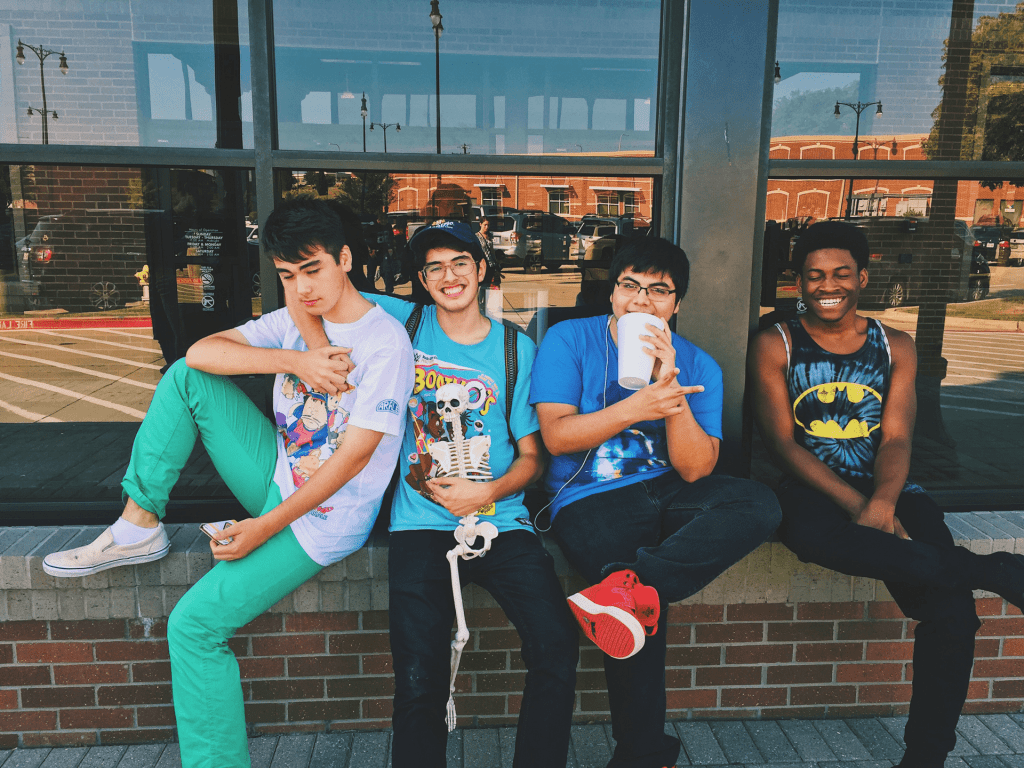The relationship between LGBTQ+ identity and mental health is a complex and vital topic. Individuals within the community often face unique challenges that can impact their mental health significantly. In this blog post, we discuss these challenges, explore their underlying causes, and suggest ways to nurture a supportive environment. Understanding the Challenges LGBTQ+ individuals frequently […]
Our Latest Blogs
Election season can be a particularly stressful time, especially for the LGBTQ+ community. The political discourse, media coverage, and heightened rhetoric can feel overwhelming or even threatening, particularly when LGBTQ+ rights are at the center of debate. But as the dust settles following the 2024 election results, it’s crucial to focus on self-care and rebuilding […]
As Pride Month approaches, I reflect back on the first Pride event my family ever attended. It was the most joyous, uplifting, and positive event, and we’ve looked forward to every opportunity to support and be a part of the LGBTQIA+ community ever since. Prior to that year, we hadn’t exposed our children to any […]
Every child deserves to feel safe at home. However, recent attacks on LGBTQ+ teens and young adults may make your kids feel uncomfortable in any space other than their bedroom. This concern is highlighted by recent FBI data, which show a 13.8% increase in attacks based on sexual orientation and a 32.9% jump based on […]
In recent years, the discourse surrounding mental health has expanded to incorporate the concept of intersectionality, recognizing that individuals’ mental health experiences are shaped by a complex interplay of various identities. Today, we’ll briefly go over the profound impact of intersectionality on mental health and explore ways to break barriers so that mental health services […]
Hi, my name is Lori. I am a parent of three kids with three different expressions of gender and sexuality. And I have been a registered nurse since 1997, my preferred specialty being pediatrics. My kids have the same father and were raised in the same home, with the same values, in a safe environment. […]
Depression affects people from all walks of life and is one of the most common mental health problems in the United States. Depression among LGBTQ+ individuals is higher than among cisgender straight individuals. This article will look at how much pressure and depression closeted people experience compared with those who are out and proud. I […]
People who identify as part of the LGBTQ+ community are at a greater risk of anxiety, depression, and other mental health issues due to the discrimination, harassment, rejection, and judgment they may experience in society. And while there’s much to do about creating the type of change we need to see, one of the most […]
In recent years, there has been recognition and a growing movement to address inequities in eating disorder (ED) treatment for people in the transgender community. Treatment providers are noticing a higher occurrence of all eating disorders and related issues such as body dysmorphic disorder in trans people compared to the general population. According to one […]
It’s Pride Month — a time when we are reminded of the triumphs of people in the LGBTQ+ (lesbian, gay, bisexual, transgender, queer/questioning) community. We recognize their contributions in fields such as music, art, entertainment, and politics. Most importantly, we recognize that it’s an ongoing struggle for them, made more difficult by the COVID-19 pandemic. […]
Pride: It’s a celebration of being proud of who you are and accepting yourself, and it’s a beautiful thing. However, the journey to reaching that pride and acceptance isn’t always fun and parties. The LBGT+ community faces many issues, including mental health crises, lack of support, threats to their physical safety, and food and housing […]
It’s hard enough for young people to learn to be themselves and cope with other’s opinions of them. Students who are lesbian, gay, bisexual, transgender, or queer/questioning (LGBTQ) may find this phase of life particularly stressful or difficult. In reality, when it comes to mental health, they face specific challenges. Discrimination toward LGBTQ students and […]
The last few decades have seen numerous signs of progress for the lesbian, gay, bisexual, transgender, and queer/questioning (LGBTQ+) community. But even as equal rights continue to expand, there are numerous issues the community faces that have historically been difficult to address. LGBTQ+ mental health disparities still exist within the healthcare world, but it’s important […]
According to the National Alliance on Mental Illness, the risk of having mental health conditions such as depression and anxiety disorders is almost three times higher for those identifying as LGBTQI+. Even more disturbing is the suicide rate among the LGBTQI+ community, which is the second leading cause of death among those ages 10 to […]
LGBTQIA: Lesbian, gay, bisexual, transgender, queer or questioning, intersex and asexual or allied. Despite the legalization of same-sex marriage and the inroads made in LGBTQIA advancement in the past several decades, members of this population are still victims of violent crime at an alarming rate each year, according the Human Rights Campaign (HRC). The organization […]
The prospect of the first year of college is daunting for anyone. Add to that the complications and difficulties inherent to the LGBTQ experience and you might be wondering if you’re in for a really difficult year. With some perspective and a little guidance, things which once appeared like mighty mountains to climb will become […]
Adolescence is hard enough. But for LGBTQ (lesbian, gay, bisexual, transgender, queer or questioning) youth, the difficulties of these years are compounded by stress related to prejudice, bullying, and the fear of rejection. In extreme cases, some are exposed to the damaging practice of conversion therapy. Such dynamics can lead to an array of mental […]
For youth within the LGBTQ community, finding a school with a supportive environment is essential, but it’s even more important for LGBTQ teens going into college. College can be overwhelming initially, so finding the right mental health support is vital. Incoming students should do their research on the college that’s right for them and make […]
Within the lesbian, gay, bisexual and transgender community (LGBTQ), substance abuse is at an all-time high and mental health problems are becoming more prevalent. According to a 2015 study by SAMHSA, “More than twice as many LGBTQ adults compared to heterosexual adults reported using drugs in the past year.” Mental health problems are also becoming […]
This week on www.rtor.org we observe National Suicide Prevention Week (Sept. 9-15, 2018) with a guest blog post on suicide risk and prevention for LGBTQ youth. The theme of this year’s Suicide Prevention Week is “The Power of Connection.” This is a message that is especially relevant for LGTBQ youth. Discrimination and social isolation place […]
If you identify within the lesbian, gay, bisexual and transgender community, your mental health is vital to take care of. As the LGBTQ community is at risk of discrimination and harassment, your mental health is vulnerable. Compared to heterosexual individuals, LGBTQ people are three times more likely to experience a mental health disorder and four times […]

